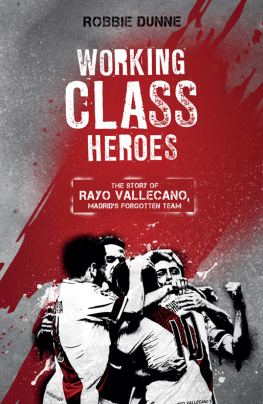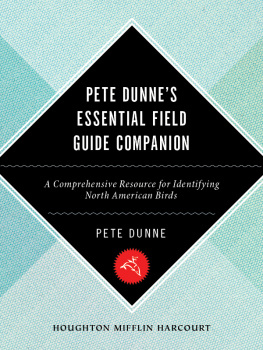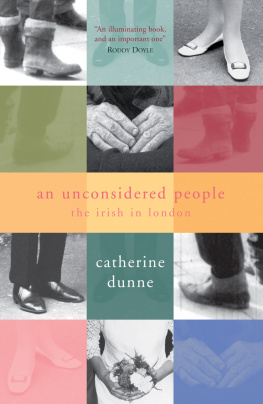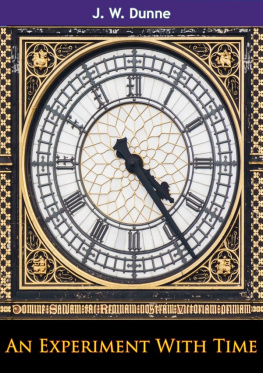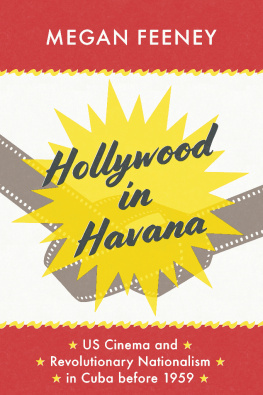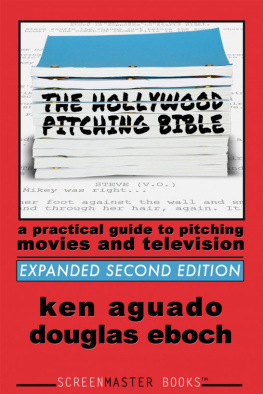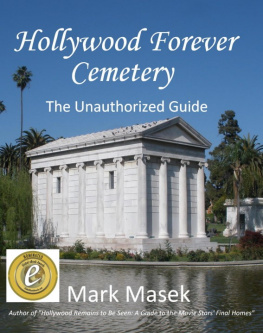Dunne - Playland
Here you can read online Dunne - Playland full text of the book (entire story) in english for free. Download pdf and epub, get meaning, cover and reviews about this ebook. year: 2012, publisher: Random House Publishing Group, genre: Detective and thriller. Description of the work, (preface) as well as reviews are available. Best literature library LitArk.com created for fans of good reading and offers a wide selection of genres:
Romance novel
Science fiction
Adventure
Detective
Science
History
Home and family
Prose
Art
Politics
Computer
Non-fiction
Religion
Business
Children
Humor
Choose a favorite category and find really read worthwhile books. Enjoy immersion in the world of imagination, feel the emotions of the characters or learn something new for yourself, make an fascinating discovery.

- Book:Playland
- Author:
- Publisher:Random House Publishing Group
- Genre:
- Year:2012
- Rating:5 / 5
- Favourites:Add to favourites
- Your mark:
- 100
- 1
- 2
- 3
- 4
- 5
Playland: summary, description and annotation
We offer to read an annotation, description, summary or preface (depends on what the author of the book "Playland" wrote himself). If you haven't found the necessary information about the book — write in the comments, we will try to find it.
Playland — read online for free the complete book (whole text) full work
Below is the text of the book, divided by pages. System saving the place of the last page read, allows you to conveniently read the book "Playland" online for free, without having to search again every time where you left off. Put a bookmark, and you can go to the page where you finished reading at any time.
Font size:
Interval:
Bookmark:
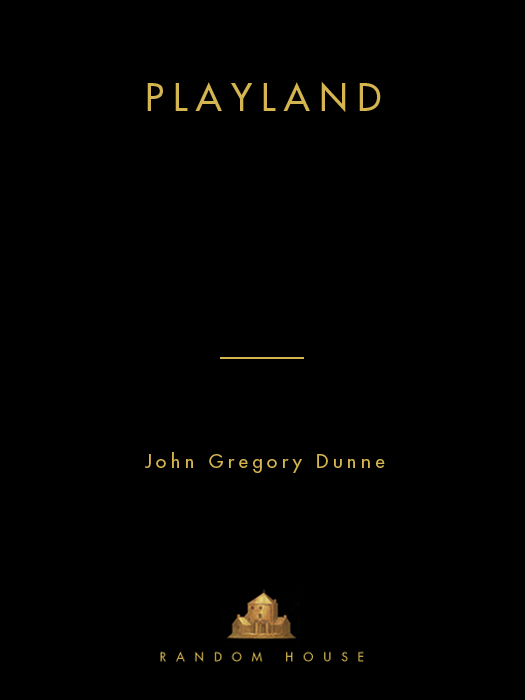
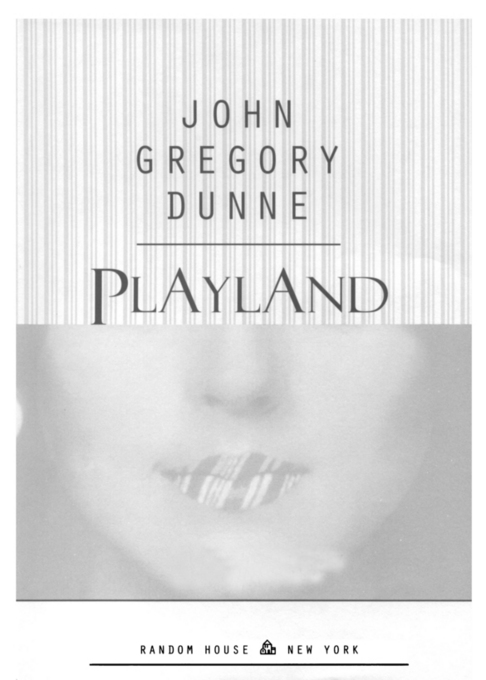
Copyright 1994 by John Gregory Dunne
All rights reserved under International and Pan-American Copyright Conventions. Published in the United States by Random House, Inc., New York, and simultaneously in Canada by Random House of Canada Limited, Toronto.
Walter Scotts Personality Parade is a registered trademark of Parade Publications, Inc.
Used with permission.
A signed first edition of the work has been privately printed by The Franklin Library.
Library of Congress Cataloging-in-Publication Data
Dunne, John Gregory
Playland: a novel/by John Gregory Dunne.
p. cm.
eISBN: 978-0-307-81741-9
I. Title.
PS3554.U493P57 1994
813.54dc20 94-4344
v3.1
With witness I speak this. But where I say
Hours I mean years, mean life. And my lament
Is cries countless, cries like dead letters sent
To dearest him that lives alas! away.
Gerard Manley Hopkins

F irst things first:
She was born Melba Mae Toolate (or maybe not, but certainly, or so I think, close enough, although Myrna Marie Toolate still has a core of adherents, the way Los Angeles with a hard  also has its core vote) in San Bernardino, California, April 28, 1928. That is, if she was not born in Yuma, Arizona, on the same date a year earlier (in other words, April 28, 1927), or then again in Shoshone, California, October 29, 1929, but that was the day the stock market crashed, and a few years later, after Melba Mae Toolate became Baby Blue Tyler, Hollywoods number-one cinemoppet and biggest box office star, studio publicists, always looking for an item, would claim that her birth was Americas only bright spot that day, which did not exactly lend the date, as Blue Tylers birthday, verisimilitude.
also has its core vote) in San Bernardino, California, April 28, 1928. That is, if she was not born in Yuma, Arizona, on the same date a year earlier (in other words, April 28, 1927), or then again in Shoshone, California, October 29, 1929, but that was the day the stock market crashed, and a few years later, after Melba Mae Toolate became Baby Blue Tyler, Hollywoods number-one cinemoppet and biggest box office star, studio publicists, always looking for an item, would claim that her birth was Americas only bright spot that day, which did not exactly lend the date, as Blue Tylers birthday, verisimilitude.
Her father died shortly before her birth, or shortly thereafter, or perhaps he was in prison in Ohio when she was born, or then again maybe it was in Pennsylvania, Nebraska or Montana. The prison stories surfaced only after her disgrace; Blue Tyler was a woman, a child really, to whom disgrace attached itself with a certain regularity, but the disgrace here in question was her appearance before the House Committee on Un-American Activities, when she was either nineteen, twenty or twenty-one years old. The prison reports came up again after her disappearance from what Colliers magazine called the baleful glare of the public eye, in any event when those same studio publicists who had been so quick to claim, for Jimmy Fidlers deadline, that Blue Tyler was born the day the market went belly-up were no longer available to keep the legend, such as it was (and even more so such as it became), free from taint.
Anyway. Melbas father (if indeed he was). Among other names, he was known as Herman Toolate or Herbert Tulahti (Too-late and Too-lah-tee being the two conflicting pronunciations of the name she abandoned when she became, or was reborn as, Blue Tyler), or (this from those French cinastes who kept Blue Tylers torch from being extinguished in those decades when she was, as it were, in the desert) Henri Tulat. Mr. Toolate (or if you will Mr. Tulahti or M. Tulat) was in some accounts a pharmacist, in others a would-be trombonist or a failed Tin Pan Alley songwriter (sample unpublished song titles: Mimi from Miami and Yolanda from Yuma, the latter giving an uncertain advantage to those who favored Arizona as Melba Maes birthplace, and the added possibility that Yolanda was in fact her real name, a fathers hymn to his daughter), even a ballroom dancer who had murdered his partner during a dance marathon in 1931 (this scenario, in a French monograph on Blue Tylers career, stolen without apology from Horace McCoys They Shoot Horses, Dont They?).
The former Melba Mae Toolates musical talent, such as it was, was said to come from this man cast as her father (in his trombonist, songwriter, or marathon dancer incarnations), unless it came via her mother (Irma in most cases, although Erna, Ursula, and heaven knows how many other Christian names were also candidates), a God-fearing (in later revisionist versions, as theological fashions changed and theories about the death of God were abroad in the land, God-hating) woman who taught piano, or the harp, or (this from a piece in FilmComment entitled The Geometry of Dance in the Classic Hollywood Musicals) mathematics. Irma (or Erna or Ursula) Too-lates emergence as the more dominant influence on Melba Mae was a feminist theory that came into currency after the brief reappearance of Blue Tyler as a middle-aged woman in Hamtramck, Michigan, when for a moment she became, to her surprise (although I cannot say amusement, because when one spends an entire professional life cosseted by the apparatus of a motion picture studio, one does not easily learn to be amused at ones own expense), a heroine of the womens movement, a victim, in that liturgy, of the system and the male oppressors who would extinguish any spark of female spirit or independence.
You begin to see the difficulty.
C huckie OHara died yesterday. The obituary in the Times said he was seventy-seven, but I knew he was older than that, to the very end vain about his age in that poofter way of his, eighty-two or eighty-three more likely, because when he lost his leg on Peleliu he had already received an Oscar nomination, for directing Lily of the Valley. Most of the obits carried the picture, the famous photograph, of Chuckie testifying before the Un-American Activities Committee, the day he took off his wooden leg when the chairman asked if he was now or ever had been a Communist. It was quite a sight on those grainy old Movietone newsreels I tracked down and ran when I was trying to find out anything at all about Blue Tyler, who as it happened was the star of Lily of the Valley, her performance earning her a third Academy nomination, all before she was twelve.
In the stock footage, Chuckie began pulling up his pant leg just as he started to answer the chairmans question. Every eye in the hearing room was on him as he unbuckled that old-fashioned prosthetic device with all the straps, laid it on the witness table, and then said, clear as a bell, Yes, Mr. Chairman, I was a Communist, not taking the First, as the Ten had done, and not the Fifth either, and he listed the dates, from October 1938 to July 1941, and, no, he would respectfully decline to name names, all the time massaging that raw stump of the leg he lost on Orange Beach. It was a real directors touch, a perfect piece of business. Chuckie always knew exactly how to stage a scene, and he knew that no one at the hearing was listening to what he had to say, they were just looking at that stump, all pulpy and white with red crosshatching where the stitches had been. Darling, he told me when I asked him about that day in front of the Committee, it was divine. Sydney Allen stole the hearing scene and used it in one of his pictures when it was safe to do safe pictures about the blacklist. The
Font size:
Interval:
Bookmark:
Similar books «Playland»
Look at similar books to Playland. We have selected literature similar in name and meaning in the hope of providing readers with more options to find new, interesting, not yet read works.
Discussion, reviews of the book Playland and just readers' own opinions. Leave your comments, write what you think about the work, its meaning or the main characters. Specify what exactly you liked and what you didn't like, and why you think so.


